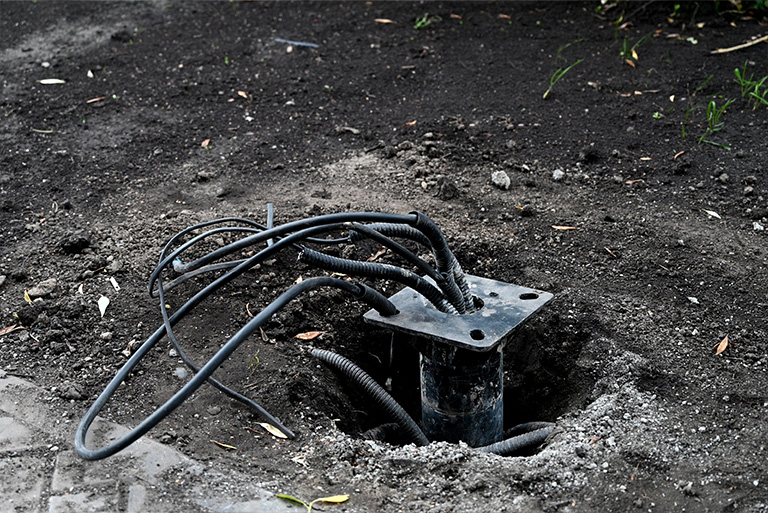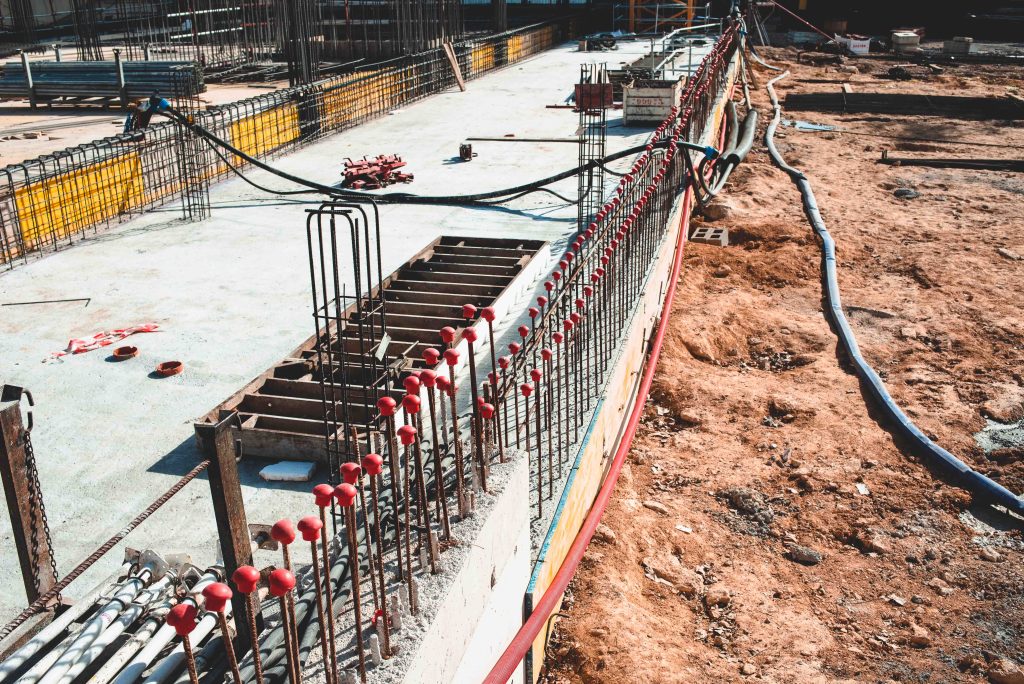Top 3 Warning Signs Your Earthing System May Be Failing And How to Fix It
Introduction
Have you ever wondered what really protects you when a sudden electrical fault occurs? The answer is your earthing system. Also known as grounding, this system quietly keeps you safe by directing excess electricity into the soil. Without it, every fault, surge, or leakage current becomes a direct risk to your safety, your appliances, and even your property.
Unfortunately, many people never think about their earthing until something goes wrong. Like any part of your electrical installation, it can weaken over time, and when it does, the consequences are often serious.
What Causes Earthing Systems to Fail?
Most failures don’t happen suddenly; they develop gradually. Corrosion is a common culprit, especially when soil conditions eat away at conductors and rods. Loose or broken connections from poor installation or long-term wear can also cause weakness. In some cases, changes in soil resistivity such as very dry or rocky conditions reduce conductivity. Physical damage from construction or renovation is another overlooked cause, while aging infrastructure often lags behind modern safety requirements.
When these issues pile up, the earthing system can no longer perform its critical role of channeling electricity safely away.
Warning Sign #1: Unusual Electrical Surges
If you’ve noticed frequent tripping of appliances or unexplained surges, your earthing system may not be doing its job. In a healthy setup, excess current is diverted harmlessly into the ground. But when grounding is weak, that current often finds its way back into your devices. Over time, this shortens their lifespan and increases your risk of fire or shock.
Warning Sign #2: Flickering or Dimming Lights
Lights that flicker or dim whenever heavy appliances switch on might look harmless, but they often signal deeper problems. While some of this can be caused by load imbalances, unstable earthing is also a strong possibility. When grounding is poor, the system cannot handle fluctuations properly, leaving your entire electrical network unstable and unreliable.

Warning Sign #3: Rising Energy Bills
A failing earthing system does more than threaten safety; it can also quietly drain your finances. Poor grounding leads to inefficiency, forcing appliances to draw more current than they should in order to operate. If you’ve noticed a steady rise in electricity bills without any major changes in your consumption habits, your earthing system deserves a closer look.
What Happens If You Ignore the Signs?
Neglecting a failing earthing system can result in more than just inconvenience. Electric shocks become a real danger for anyone in contact with faulty equipment. Sensitive devices such as computers, medical equipment, or industrial machinery can suffer permanent damage. In the worst cases, sparks caused by unstable grounding can ignite flammable materials and start a fire. For businesses, non-compliance with electrical safety regulations also comes with penalties and reputational damage.
How Can You Check Your Earthing System?
There are a few simple things you can observe on your own. A visual check of earthing rods and conductors can reveal signs of rust, corrosion, or loose connections. In areas where soil dries out quickly, you may also want to note whether the ground is too dry for proper conductivity.
However, the most reliable way to test earthing is with an earth resistance tester, which measures how effectively current can travel into the ground. This type of inspection is best left to professionals who have both the equipment and the expertise to do it safely.
What to Do If You Suspect a Problem
If you notice any of the warning signs, take them seriously. Disconnect sensitive equipment to prevent damage, avoid using high-power devices unnecessarily, and contact a certified electrician as soon as possible. A professional can carry out resistance testing, replace damaged rods or conductors, and upgrade your system to meet current safety standards. Regular maintenance schedules can also help prevent future failures.

Stay Protected with Reliable Earthing
Your earthing system is not just a background feature of your electrical setup—it is your first and most dependable safeguard. By paying attention to the warning signs, taking prompt action, and committing to regular inspections, you can protect your home, your business, and the people within it.
If you are unsure about the state of your system, don’t wait until an incident occurs. Contact us today for professional earthing inspections, system upgrades, and maintenance you can trust.




